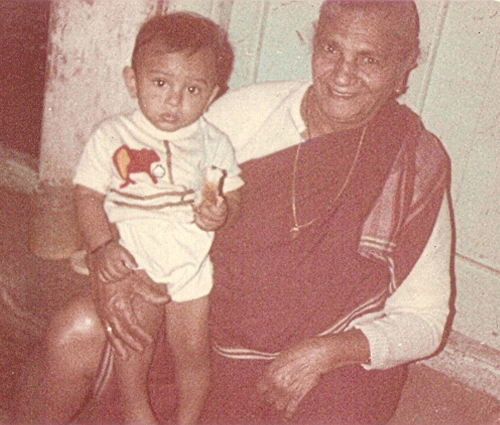South Asian Heritage Month: Bruno Silvester Lopes
A childhood memory of mine is how disciplined I had to be in life. My grandmother would highlight, that if you are hungry you eat food but why should you leave the plate in the sink? This is related to the tasks we do, and we should be aiming to solve the problems rather than thinking they would be solved by themselves.

I completed my PhD in Medical Microbiology at the University of Edinburgh, UK, from 2008–2012 on the critical priority pathogen Acinetobacter baumannii. I then went on to do a post-doctoral at the University of Aberdeen, UK, on Campylobacter spp, until 2019, when my supervisor took early retirement. During the time of my post-doctoral work, I collaborated with a lot of people around the world and had a fantastic track record, though finding grants and getting a permanent position in academia was very difficult for me.
During the COVID-19 pandemic, I thought of becoming a secondary school teacher and enrolled in a Professional Graduate Diploma in Education (PGDE), with biology and chemistry as specialisations. I drew inspiration from my mother, who was a teacher. I realised one day, while coming back from teaching, that moving away from Aberdeen was not something me and my family were ready for; the thought of not being in the lab I loved made me sad. Nights spent preparing materials and lesson plans, I often wondered what I could do differently, and strived to link my teachings with my findings.
In 2022, I was offered a lectureship position at Teesside University, UK, which put me on an upward trajectory in my career. I have now supervised more than 50 students, many of whom have received national awards, funded PhD positions and are working in excellent jobs. I’ve won ‘I’m a scientist get me out of here’, a science enrichment activity for young pupils who decide on their favourite scientist as the winner. I won this in 2019 and in 2023, highlighting the two sides of my career; when one chapter closed and the other began. I was also a finalist in the Teesside STAR awards for outstanding feedback in 2023 and most recently in 2024, for the outstanding teaching category.
I am also a champion for public engagement, participating in Pint of Science 2024, being a regional finalist in Famelab 2024. My positive outlook towards life is what keeps me going.
I serve as an Editor in the Journal of Medical Microbiology at the Microbiology Society, and believe that this was also a major moment my career that has helped me gain more visibility among my peers. I was the co-organiser of the Equality, Diversity and Inclusion (EDI) session at the Microbiology Society’s Annual Conference 2024. The support from others at the Society, including those on the Members Panel and other Senior Editors has helped me to develop as a scientist and reflect on what things can be improved.
With several ongoing projects with people around the world, I have as many as 253 co-authors in my articles, highlighting the breadth of diversity and willingness to work with others, doing something that makes a difference. I believe that with dedication, determination and devotion, anyone can achieve anything that they want in life. You may not realise it but be reassured that ‘your’ success will find its way to you.
I recall during my post-doc I identified three novel species of Campylobacter and sent them to my collaborator in the US. Often, these bacteria would die in transit, so I had to keep resending them. The outcome of this process was a research paper with shiny new names for three novel organisms which are now called Campylobacter devanensis sp. nov., Campylobacter porcelli sp. nov., and Campylobacter vicugnae sp. nov. These have now been approved by the International Code of Nomenclature of Prokaryotes and published in the International Journal of Systematic and Evolutionary Microbiology.
I come from India, where 80 million people live below the poverty line. I am the first and the only person from my family to achieve a master’s and a PhD. My parents and grandparents never attended university but along with my PhD supervisor, they all taught me many things that YouTube or textbooks couldn’t teach. I believe that by using my knowledge and skills I am contributing towards improving public health, not only in the UK but around the world. I have focused a lot of my work on making microbiology accessible to all and making it more inclusive for everyone; particularly marginalised communities.
My advice to others would be to surround yourself with the right people in the right environment. This will help you to grow even further and, in return, those people can pay it forward. Always look towards what exciting things can come your way and if there are challenges, just say ‘I am well equipped and I will find a way’. This will help you in building a mindset focused on growth.
If you are interested in growing your network via Society activities, like Bruno has, find out more via our Get Involved hub.
